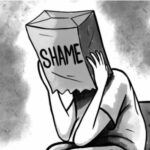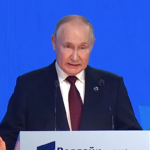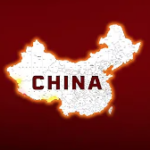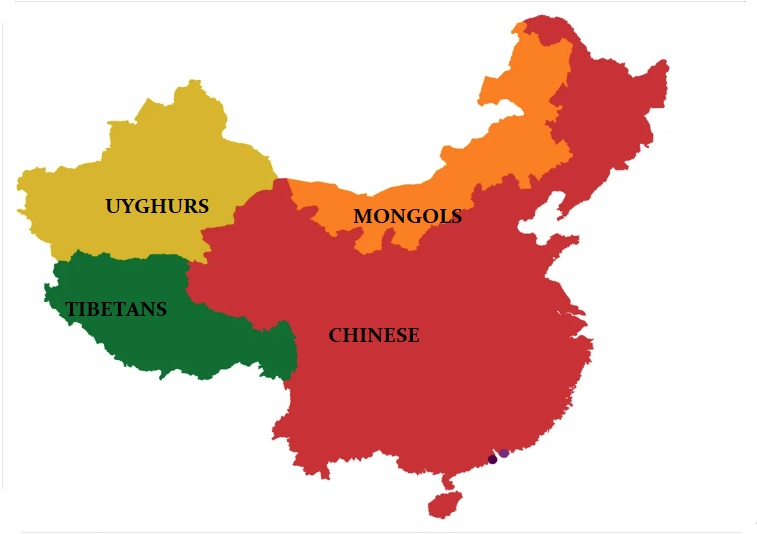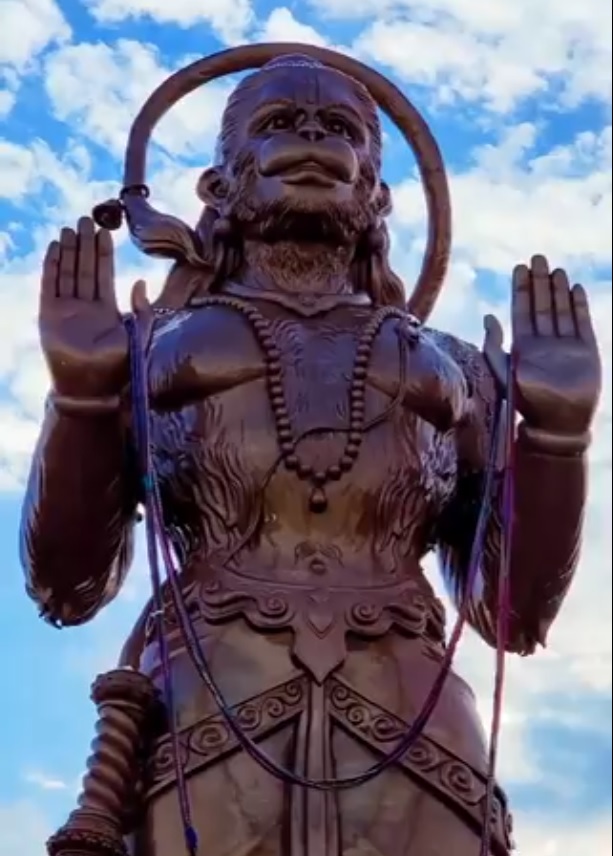We are witnessing an assault of abnormality in the Western world to wit that you must ask which of the many pronouns your interlocutor wishes to be addressed with, but you must not ask about where he comes from! To put it otherwise, you are not supposed to be ashamed of the fact that you are evidently unhinged if you think that you are xi or ze, but you are supposed to feel ashamed of the country you or your ancestors were born in. How is that possible that such abnormality took root?
We have long been conditioned by the powers that be that we should not ask anybody about his religion. Why? Because that’s a private matter of each individual, they say. So what? Is not your name or other details concerning your family and your profession private matters of yours? Why should a question about what you believe in be banned? Why should a question about what country you are from be forbidden? Why should a question about your nationality be prohibited? Are these pieces of information shameful? Am I asking my interlocutor about whether he has syphilis? About whether she has HIV? What’s so shameful about anybody’s ethnicity? Hey, we are supposed to believe that all types of heritage are equally valuable; more, we are all told that people from cultures other than European even surpass our – European – cultural achievements. So what’s the matter? All those people of Asian or African heritage ought to be proud of where they or their parents or their ancestors are from; more, they ought to be pleased whenever they are asked about their ethnicity, their faith, their origin.
As it is, everything that we are fed are lies. On the one hand we are told that newcomers contribute enormously to European culture bringing in their own heritage, on the other – God forbid asking them about the country of their origin! Obviously, some ethnicities are perceived by the individuals themselves as shameful. How otherwise? Indeed, if you are asked about your profession and you happen to be a doctor or an engineer, you are more than pleased to give your interlocutor this item of information about yourself. You feel proud and you know that your interlocutor is going to admire you, to envy you, or to hold you in high esteem. Conversely, if you happen to be employed as someone who cleans offices or collects trash, you certainly prefer not to be asked about what you do for a living, and you certainly want to avoid any talk about professions. If such a talk is unavoidable, you resort to using fancy words to (re)name your profession, like you say you are a cleaning lady – as if ladies have ever been associated with doing the cleaning!
Much the same is true about ethnicity, about nationality, about heritage. No one feels ashamed of saying I am American, French, British or Japanese. Somehow people from a large number of countries or nations feel ashamed when asked about their origin. It is not that we make them feel ashamed: they themselves feel so. That only shows the inferiority complex that they have developed and suffer from. Yet, banning questions about someone’s country of origin is not going to help individuals with that inferiority complex. If it is not their speech that betrays them, it certainly is their looks. Children of naturalised foreigners may speak the language of the adopted nation just as native speakers, but their biology – that is their looks – are not going to change unless – of course, unless – consecutive generations of arrivals keep intermarrying with the host race, which in turn is ethnic suicide, is it not?

